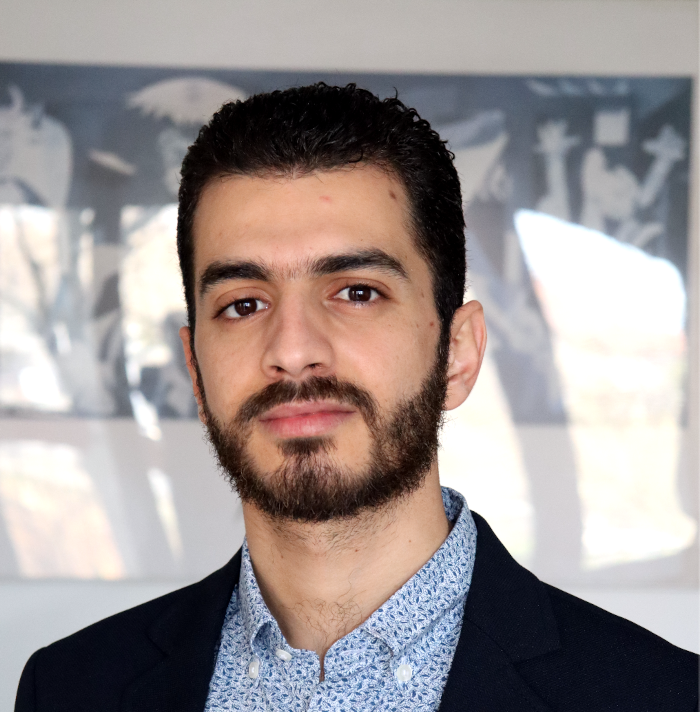Chedhli Masmoudi
Background
Obtaining a general engineering diploma from the national high school of advanced techniques of Paris (ENSTA Paris).
Title of the thesis
Executable Model-Based System Requirements Engineering (eMBRE) for early System requirements Validation and Design Verification (V&V)
Abstract
This thesis work will be a contribution to an industrial chair. This chair involves Airbus, and two research laboratories, CRAN UMR CNRS and ERPI, from Université de Lorraine. Its main objective is to develop and experiment an Actionable Collaborative Trustworthy Executable (ACTE) MBSE framework, for early systems requirements validation and design verification and for the co-engineering of the main system and its manufacturing (or industrial) system.
To reduce time to market, designers need models and methods to perform early and collaborative Validation and Verification (V&V) respectively of system requirements and architectures, to detect specification and design errors and to avoid late and costly modifications during the ground & flight test phase or even worse when the system is in operation. This approach ensures that system requirements at all levels and system design are trustworthy from the beginning. The system requirement validation process aims to ensure the right system was built. The design verification process aims to ensure the system was built right. Systems Engineering (SE) processes include requirements engineering based on the traceability of system requirements through the different system layers. A text-based description is an ambiguous way for capturing and communicating system requirements, it leads system development teams to exchange incomplete, incoherent and incorrect descriptions of system requirements whereas executable model-based system requirements engineering (eMBRE) coupled with executable Concept of Operations open the opportunity to system requirements V&V: formally with proof-checking and factually with simulations reviewed with stakeholders. In addition, this formal requirement paradigm will potentially provide, through complexity and network theory, very early in the development some metrics on the complexity of the system to be developed. In addition, Game theory, applied to formal requirements could provide interesting capability for pareto optimality analysis fostering multi objectives/SOI perspectives convergence process. “Executable” means that the model enables to support proof-checking for formal system requirements validation and simulable for factual system requirements validation. Micouin proposed the Property-Based Requirements (PBR) theory that describes the external relations of the system with its environment as cause-effect assertion requirements that may be validated formally and factually. To support the PBR theory, Micouin introduced PMM (Property Model Methodology) aiming to propose an integrated end2end modeling & simulation method supporting top-down zigzagging steps for system specification validation & design verification. These models, methods and tools are the first steps towards an eMBRE framework and the study of its influence on the required evolution of MBSE activities and its impact on the expected development performance. The evaluation of these approaches mainly address the System of Interest (SoI) and has not yet been studied neither the coupling with the key enabling systems, nor the product variety due to customization. They support system requirements validation with different formalisms (e.g. causes/effects Boolean function, ontology-based description) but do not represent directly target setting requirements such as A/C range, availability level… However, it is interesting to investigate how they can support the validation of these target requirements. In conclusion, to facilitate the collaborative development and the early V&V of complex systems, the challenge is to explore further eMBRE methods driven by SE goals and to demonstrate how it can effectively introduce a paradigm shift in system development performance through formal proofs and modeling & simulation means for each coupled system (SoI, manufacturing system and support & services system).
Directors
Mr. Eric Bonjour (ERPI) Mr. David Gouyon (CRAN)
Funding
Industrial AIRBUS chair.
